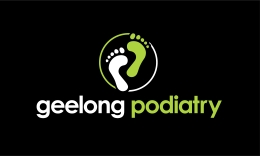Let’s Talk Orthotics
Soft / Flexible Orthotics – Ethyl Vinyl Acetate
- Great for inflammatory joint diseases such as arthritis
- Offloads pressure areas on the ball of the foot and is less likely to cause rubbing
- Easily modified orthotic with good shock absorption and very comfortable
- Modern technology used to scan the feet, use CAD CAM technology
- Some considerations for this orthotic are; generally bulkier (better in lace up style shoes), tend to have a shorter life (flatten easily) and this type of orthotic is reliant on the structure of a supportive shoe to support the foot
Hard Orthotics – Polypropylene or Carbon Fibre Semi Rigid Orthotics
- Low profile (thin) so can fit in to most shoe styles, last at least 3-5 years
- We us the latest Digital Printing technology to make the orthotic (CAD CAM technology) and once created the orthotic can be easily adjusted
- Very well tolerated and not dependent on the structure of the shoe for support
- Some considerations for this orthotic are; some patients find the orthotic a bit hard underfoot and can take longer to adjust, may squeak in shoes (but this can be easily addressed by our Podiatrists)
Hybrid – Combination of Both Hard and Soft / Flexible Orthotics
- Our Podiatrists are using hybrid orthotics much more as they combine the best of both the soft and hard types of orthotics.
- A very thin, hard material that is laminated on top and below with soft EVA is used
- Work especially well for sporting activities that require a combination of control of the foot and cushioning, for example; basketball and netball players of all levels.
The most important thing when considering your choice of orthotics is for your Podiatrist to assess your individual needs, foot pathology, footwear and types of activities you intend to wear your orthotics for.
Call us on 5222 7744 (Geelong) to discuss your individual needs or book an appointment online for an orthotic assessment with our Podiatrists.
